The drive through the province of Kirkuk in Iraq can be deadly. The Peshmerga, Kurdistan’s vaunted military, clawed this territory back from the so-called Islamic State 18 months ago, but ISIS sniper and suicide attacks are still commonplace.

As we drove to latest ISIS front-lines in Kirkuk, near Hawija, we spoke to Peshmerga commanders and residents along the way. Everyone seems nervous. But it’s not ISIS they’re worried about; It’s the Kurdish referendum.
Iraq’s eight million Kurds are going to the polls today to decide whether to separate from Iraq. Iraqi Kurdistan is already semi-autonomous, but have been pushing for full independence for many years.
Now that the fight against ISIS in Iraq appears to near its end — thanks in large part to the Peshmerga — the Kurds feel they’ve earned the right to decide their own fate. The ‘Yes’ vote is widely expected to win, perhaps by a landslide.
WATCH: Trudeau says it is ‘too early’ to weigh in on Kurdish referendum

Here in the Kurdish capital Erbil, the ‘Vote Yes to Independence’ signs are everywhere; they’re even there to greet you at the airport as you step off the plane. The referendum is not legally-binding, but the Kurdish President Masoud Barzani hopes the result will strengthen his hand in negotiations with Baghdad.

Get daily National news
While there is widespread support for the vote inside Iraqi Kurdistan, the referendum is facing fierce opposition from just about everyone else: Kurdistan’s neighbours have threatened sanctions and Turkey has massed troops at the border. The United Nations, the United States and Canada (among other Western countries) have urged the Kurds to at least postpone the vote. They’re worried that holding the referendum now could destabilize the region, and allow ISIS to claw its way back.
WATCH: Kurdish militia clashes with ISIS fighters in close-quarters combat in Raqqa

“The fear is that the instability, the roots that led to groups like ISIS and ISIS predecessors, that extend far beyond the region, might reignite,” explains Renad Mansour, an Iraqi-Canadian expert on Middle Eastern politics at Chatham House.
Assuming the ‘Yes’ vote wins, Mansour says there is a real chance things could get ugly, particularly in Iraq’s ‘disputed territories’, such as oil-rich Kirkuk, which are claimed by both sides. And both sides have threatened to defend their turf, by force if necessary.
“We don’t want our neighbours to turn against each other,” Peshmerga Commander Wasta Rasul told Global News. “If the referendum goes ahead, particularly in Kirkuk, we could face civil war.”
Despite much speculation in recent days that the referendum might be called off at the last-minute, the vote is indeed going ahead, raising fears that the Kurds and the Iraqis may soon turn their weapons away from ISIS and towards each other.


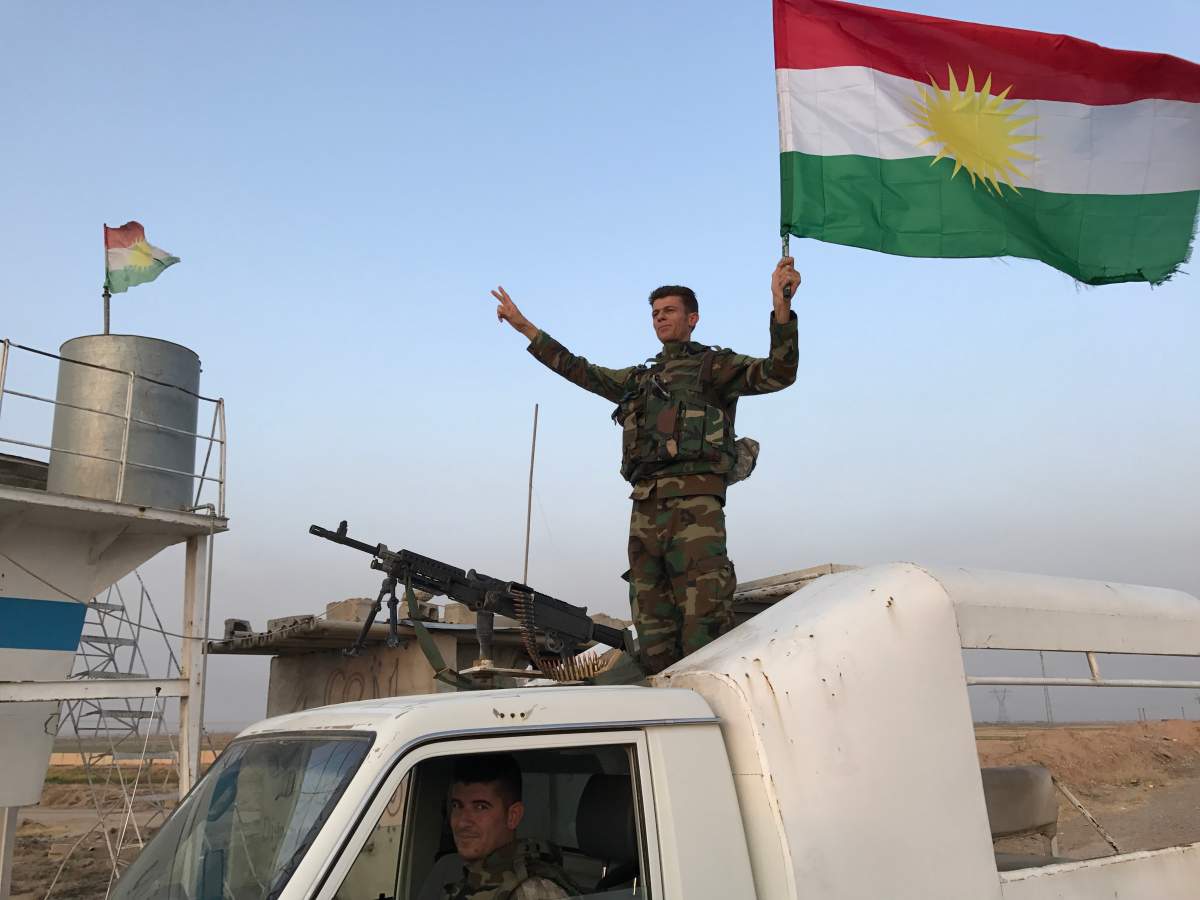

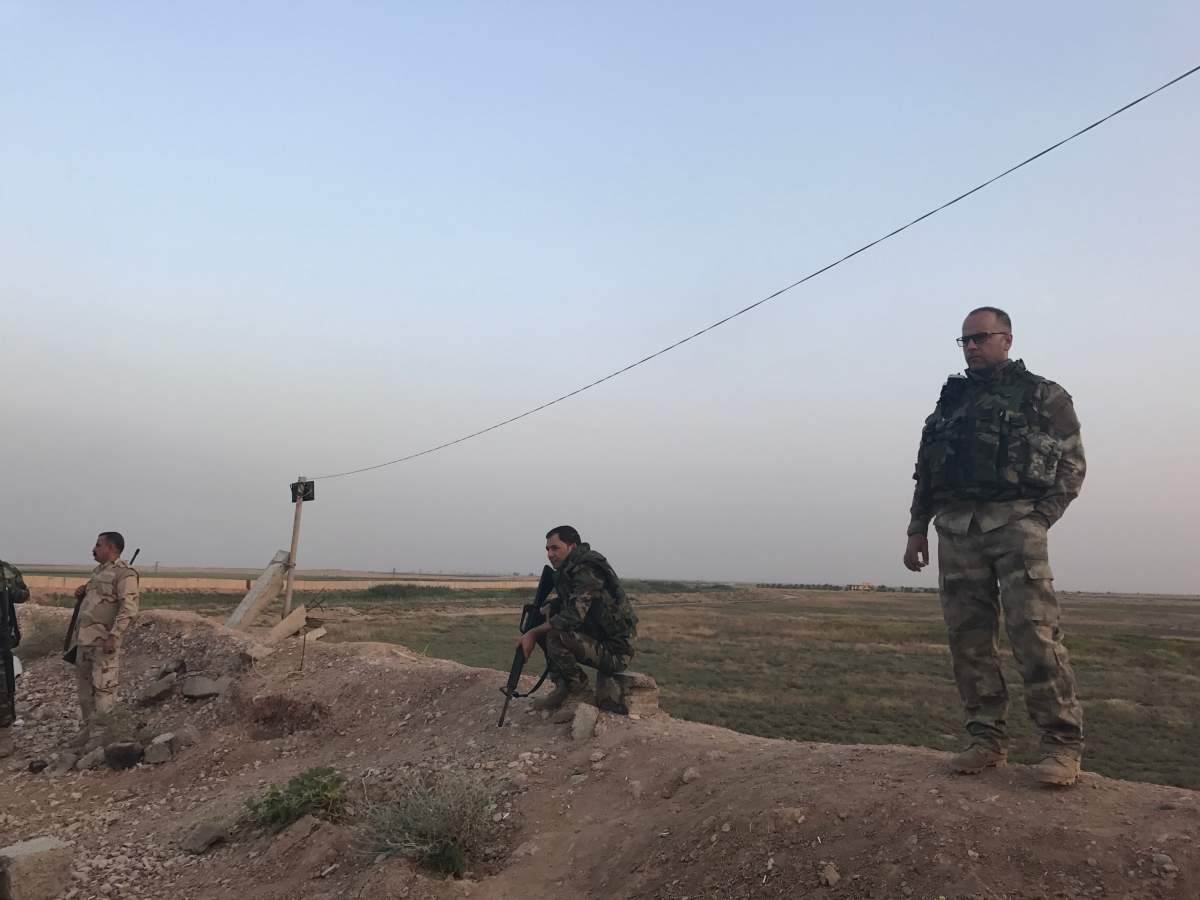

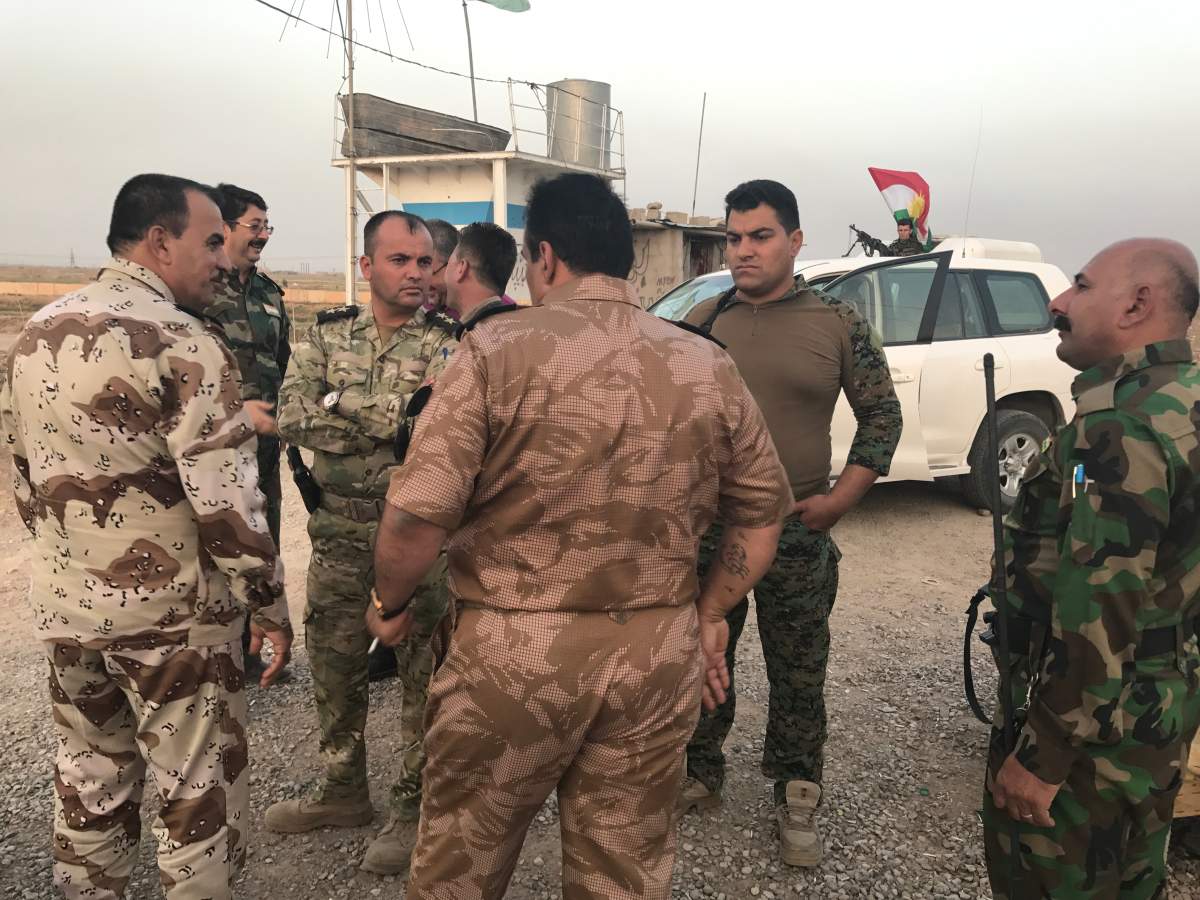

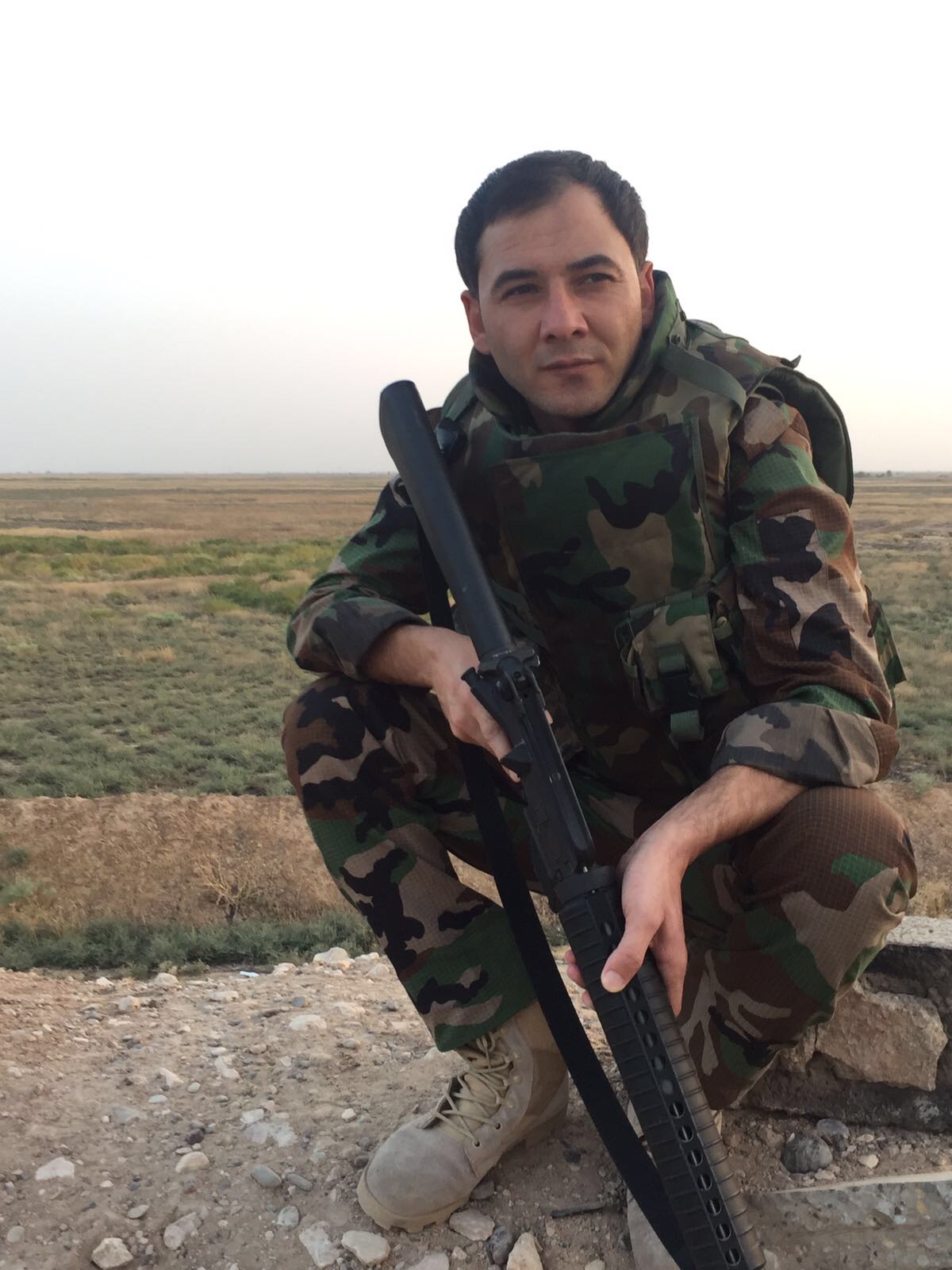

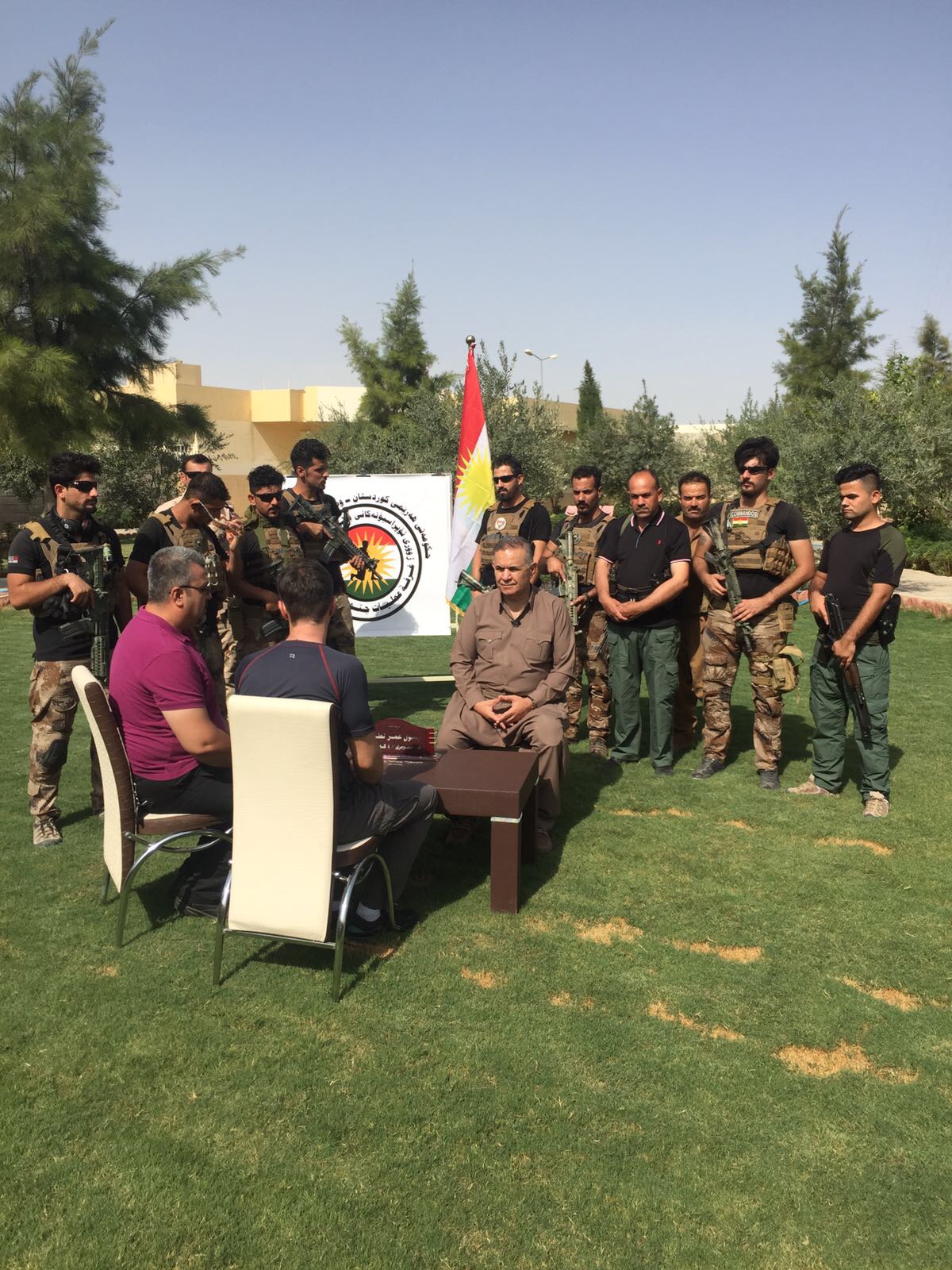






Comments
Want to discuss? Please read our Commenting Policy first.